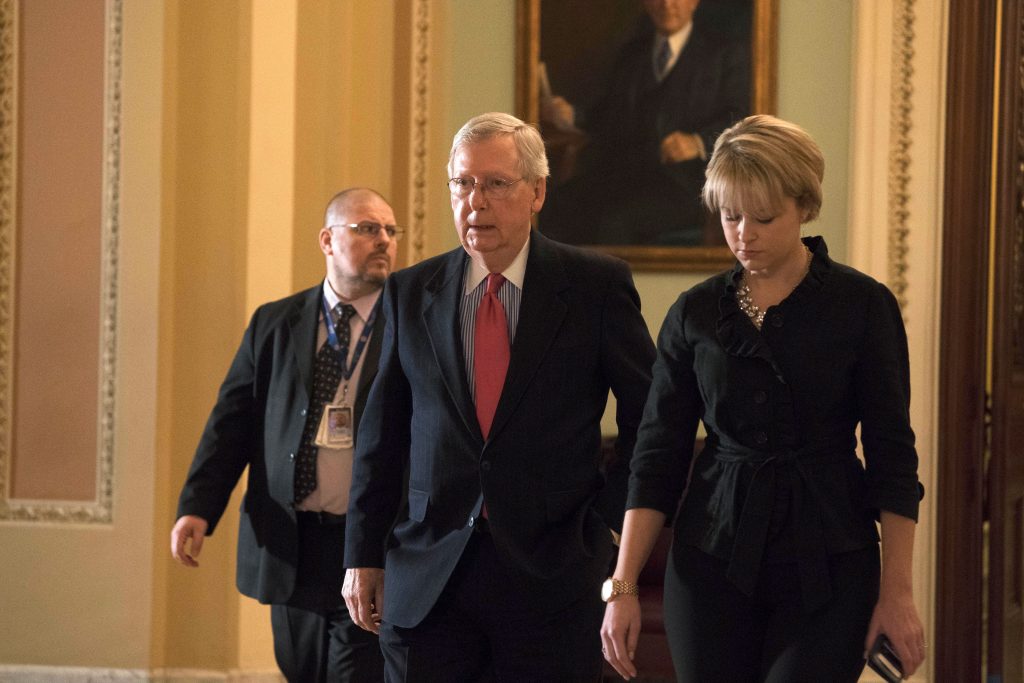
The federal government reopened Monday following a 69-hour shutdown, but the impacts of a future shutdown could have effects on the Binghamton University campus.
A long-term shutdown could affect federal research grants, on which many professors rely to support their studies, to employ research assistants and keep their labs running. Kevin Boettcher, the research development specialist for Harpur College of Arts and Sciences, said that when the government shuts down, so do two of the largest federal grant-givers, the National Institutes of Health and the National Science Foundation.
“Between the two of them, they are responsible for several million dollars of funding that comes to University researchers here at Binghamton,” Boettcher said.
In 2017, BU received $11.2 million from the National Science Foundation in funding for research in fields such as cybersecurity, archeology, chemistry and political science. The University obtained more grant money than most SUNY schools, with only University at Buffalo and Stony Brook University receiving more. As a whole, SUNY received over $87 million from 306 grants last year.
If researchers are working directly with a federal agency like the Environmental Protection Agency or NASA, the impasse could also burden their progress since they might not be able to contact research partners.
“Say a professor is working for someone at the Centers for Disease Control,” Boettcher said. “That can really slow down any collaborative work that people might be doing.”
Secretary of Education Betsy DeVos authored a memo to her department last Thursday, which sent home 90 percent of its staff during the shutdown, to address the various ways in which the education system may be affected. According to DeVos, a shutdown that lasts over one week could lead to a halt in federal funding for school districts, colleges and universities, as well as a disruption to grant programs housed under the Department of Education.
“For example, many school districts receive more than 20 percent of their funds from Department-funded programs,” DeVos wrote. “In addition, citizens and institutions seeking specific information regarding the impact of a shutdown will have limited access to information.”
According to the University’s Financial Aid Office, this weekend’s shutdown didn’t affect government loans for students. If there was a long-term shutdown, it’s not clear how federal aid programs like the Free Application for Federal Student Aid and Pell Grants would be affected. Amber Stallman, the director of financial aid and student records at BU, declined to discuss the possible results of a shutdown.
“I am not able to speculate on how a shutdown in the future could affect the processes associated with federal aid,” Stallman wrote in an email.
Paul Parker, the associate vice president for research administration and the operations manager of the Research Foundation at BU, said a shutdown could influence the entire academic culture by disrupting the flow of resources and decreasing access to information necessary for research.
“A shutdown would also impact federal libraries, museums and data archives, that are often depended on by faculty and students for their curriculum development and classwork,” Parker wrote in an email.


